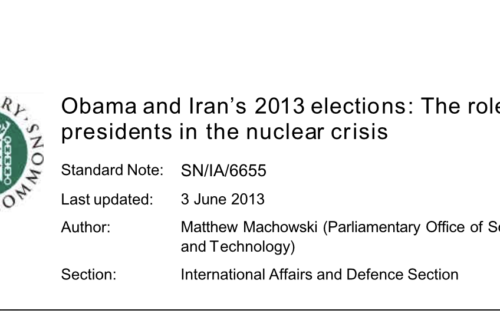Labour Unions in Qatar
Good news!
Something quite extraordinary has just now taken place in Qatar. The authorities are preparing for the establishment of the constituent labour committee that’s believed to be “the core for the general trade union in Qatar.”
When I started reading this article in today’s Gulf News, my immediate reaction was surprise. The country has been turning more and more progressive and liberal over the past years. The lives of Qataris have improved a lot. Societal and political norms are continually shifting away from the traditional Wahhabism of the 20th century and towards the ‘open-minded and liberal’ 21st century Qatar.
But this plan does even more than just setting up a labour committee. The most awe-inspiring development here is the recognition of expats and overseas labour in this draft. Gulf News quotes a source in Qatar saying, “There will be support for the expatriates and campaigns to promote their awareness about their rights and duties as part of Qatar’s commitment to labour rights.”
This has, indeed, surpassed my expectations. Yes, it is fair to say that the labour law itself is the ‘evil’ that needs amending and that until this is accomplished not much will effectually change. BUT, recognising the expatriate residents’ right to legal support, fair treatment, limited working times, and – most unexpectedly – their right to protest is a very remarkable development.
On a very personal note, I am very glad to see this move. I believe it is very much in the interest of the Qatari society at large and its future.
Labour constituent committee is core for trade union in Qatar, says official.
Habib Toumi Gulf News, 13th December 2011
Manama: A constituent labour committee, a major step towards Qatar’s general trade union, will be formed soon, an official has said.
The 50-member committee will include employees from the public and private sectors, a labour ministry source told Qatari daily Al Sharq on Tuesday.
“The constituent committee is the core for the general trade union in Qatar,” the source said. “Its members will come from the government and private sectors and will include, for example, banks, insurance companies, transport, communication and petrol.”
The committee is now going through the legislative stage and it will be announced soon, the source said.
“It will draft its working system and its rules for running and voting in the election of the board. Its executive bureau will have seven members to be elected by the constituent committee.”
“The committee will provide professional and social services to its Qatari and resident members in order to enhance their working conditions. Membership fees will be decided by the committee alongside its work plan,” the source told the daily.
The committee will be independent from the labour ministry and will have its own offices.
“There will be support for the expatriates and campaigns to promote their awareness about their rights and duties as part of Qatar’s commitment to labour rights. The committee will support workers and employees and will help them secure their rights stipulated in Qatar’s labour law,” the source said.
In 2004, Qatar’s Emir Shaikh Hamad Bin Khalifa Al Thani ruled that workers were allowed to form trade unions and professional associations as part of reforms that included the right to strike, a ban on employment of youths under 16, an eight-hour working day (six hours in Ramadan), and equal labour and promotion rights for women.
Credits:
Picture: ArabianBusiness.com




